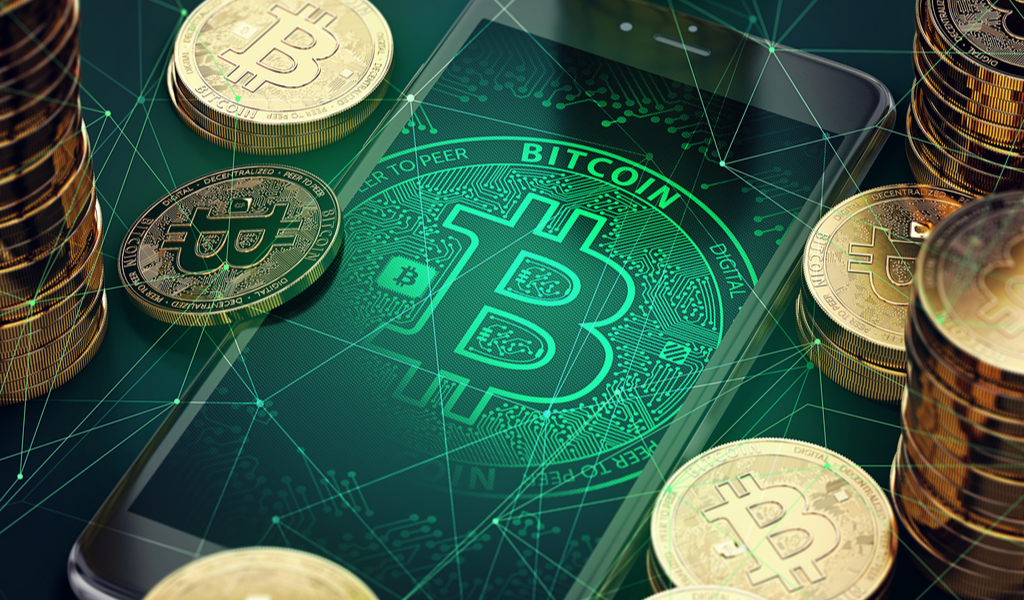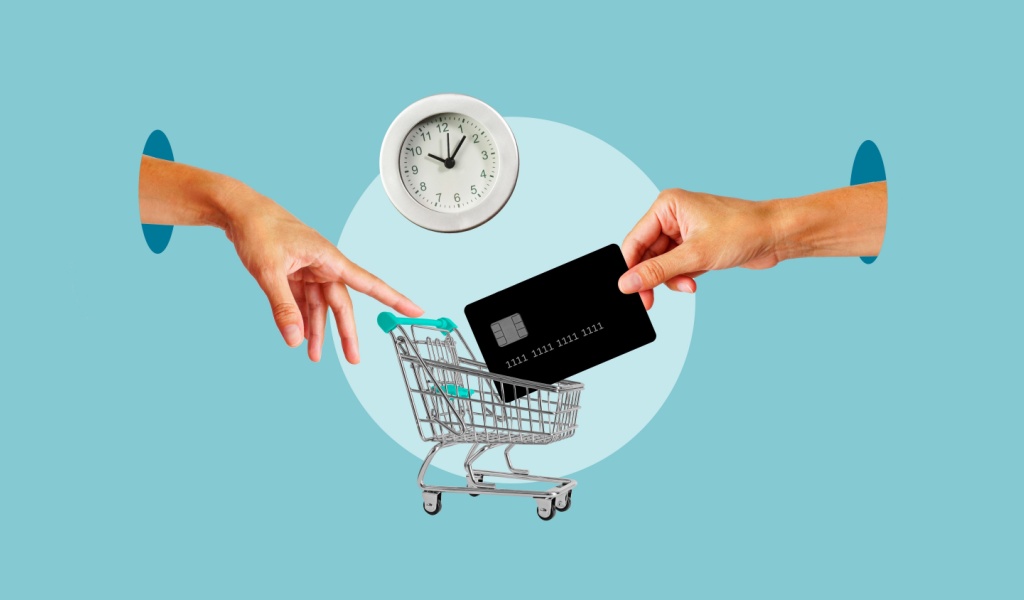Bitcoin is a cryptocurrency that was created in 2008 as a “peer-to-peer electronic cash system” by an anonymous person or group of individuals who go by the name Satoshi Nakamoto. It was released on the internet as open-source software in early 2009, since which time its popularity has steadily grown.

You’ve heard of the dollar, the euro, the rupee, and so on. The easiest way to describe bitcoin is that it is another such currency with its own values and fluctuations. However, unlike most other currencies, bitcoins are not regulated by any country and they do not have a place of origin.
The biggest attraction to bitcoin is that there is no middle man in the buying and selling of it – no banks, no exchange fees, etc.!
Bitcoin, such as regular currency, can be used to purchase goods and services (where accepted) such as booking hotels on Expedia, purchasing Xbox games, or even buying a Tesla! However, most people buy bitcoin with the hope of getting rich by trading it. This has become even more popular after the price of bitcoin skyrocketed in 2017 well into the thousands.
What’s so great about bitcoin?
The advantage to using bitcoin, as opposed to other forms of payment, is that it can be done anonymously. While each bitcoin transaction is recorded in a public log, only their wallet ID is mentioned. The names of buyers and sellers are never revealed, therefore ensuring that their transactions stay private.
International payments are also hassle-free and cheap because bitcoins don’t fall under any regulation as no country can lay claim to it (although governments are now trying to introduce regulation that covers cryptocurrencies such as bitcoin). Individuals and small businesses like using bitcoin because they can avoid expenses such as credit card fees.
How can you buy bitcoins?
There are few different ways you can buy bitcoins, one of them is to Buy on an Exchange. There are several marketplaces or “bitcoin exchanges” where people can buy and sell the cryptocurrency using their local currencies. Coinbase is one of the most popular bitcoin exchanges, along with Bitstamp and Bitfinex.
However, security is the biggest concern with such cryptocurrencies as they are not FDIC insured and there is no guarantee to your money. This was the plight of bitcoin owners who lost tens of millions of dollars when Bitfinex was hacked in 2016.
Transfers are the other way to gain bitcoins. Similar to sending cash digitally, people can send bitcoins to each other through their computers or mobile apps.
Mining is how bitcoins are created, much like how dollar bills are printed in a press. To “mine” bitcoins, people compete to solve complex math puzzles. Currently, a winner is rewarded with 12.5 bitcoins roughly every 10 minutes.
Bitcoin Wallet
Bitcoins are stored in a digital wallet that can exist in one of two places: a cloud, or the user’s computer. The wallet acts as a sort of virtual bank account, through which users can pay for something, as well as send/receive bitcoins. As mentioned earlier, bitcoin wallets are not FDIC insured, unlike other bank accounts.
Security is also an issue. If your digital wallet exists on a cloud, it is vulnerable to hacking, which could cause you to lose all your money. On the other hand, if you have it saved on your computer, you run the risk of accidentally deleting it or losing the data to viruses or malfunction.

What does the future of bitcoin look like?
The future of bitcoin, like other cryptocurrencies, is very much uncertain. Therefore, it is not wise for someone to invest all of their money into it. As with any investment, especially one that is as ambiguous as this one, never invest more than any amount of money that would not impact your life negatively if lost.
Although bitcoin has enjoyed the perks of being unregulated so far, countries like Japan, Australia, and China have begun thinking about putting laws in place. They are worried about taxation and the lack of control over the currency.
This is also due to the fact that bitcoin transactions are anonymous. Since it is difficult to trace such transactions back to the buyer or seller, it is has become the currency of choice for people online involved in illicit activities such as buying drugs and other illegal things.



